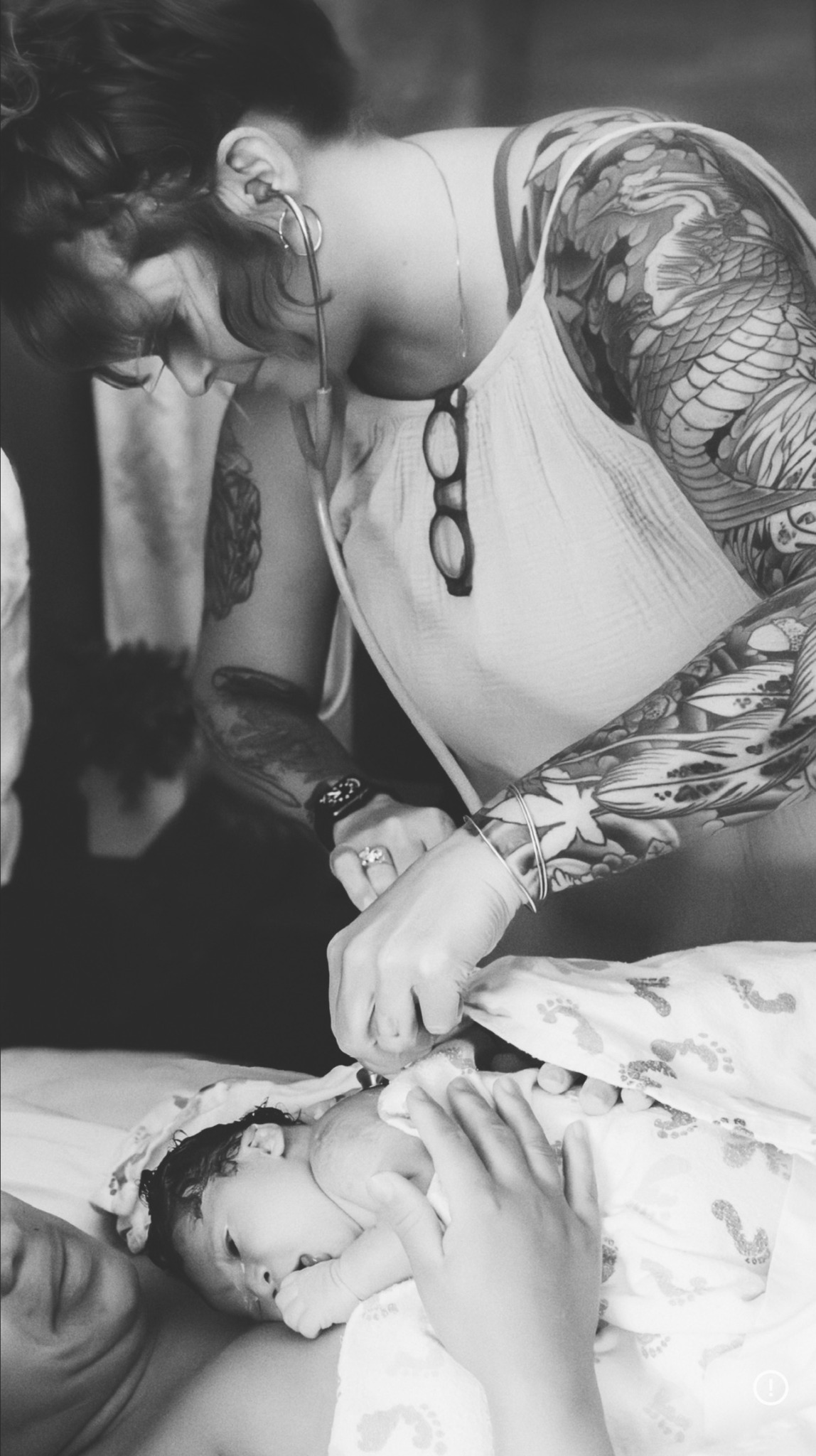We’re excited to introduce you to the always interesting and insightful Sarah Swanson. We hope you’ll enjoy our conversation with Sarah below.
Sarah, thanks for joining us, excited to have you contributing your stories and insights. Was there a moment in your career that meaningfully altered your trajectory? If so, we’d love to hear the backstory.
There is an old saying: “Midwives eat their young.” At first glance, this might seem contradictory. Midwives are often associated with qualities like compassion, care, and presence. They walk alongside families during one of the most intimate and transformative moments of their lives. And yet, the reality of midwifery culture has, at times, reflected something much harsher. A culture where mentorship has been and can be exploitative, unsustainable, and even abusive.
This saying became a defining moment in my career, shaping not only how I practice midwifery but also how I lead. While I learned good things that I wanted to bring into my own future practice, I also encountered ways of practicing that I knew I would not want to continue. At certain points, all but one of my preceptors upheld a cycle of hardship, sending a clear message: “This happened to me, so it must happen to you.” Rather than breaking harmful patterns, they perpetuated them, using their own experiences as justification. But true progress doesn’t come from repeating the past rather it comes from challenging it. This is not how we create change. This is not how we build a profession that thrives.
Perhaps I was fortunate to come to midwifery later in life, in my mid-forties. By then, I had already developed a deeper understanding of humanity, love, and leadership. That perspective may have been what allowed me to see that true leadership is not about repeating the struggles of the past but about lifting others as we move forward. I believe we rise by lifting others and that we must carry as we climb.
Midwifery is a profession with a profound impact. We know that midwives reduce infant and maternal mortality rates in the United States. We know that midwifery-led care can improve outcomes for low-risk pregnancies, especially for those who have systematically and historically been oppressed. There is pride in this work, and rightfully so. But when that pride turns into ego, when it becomes about competition rather than collaboration, we can lose sight of our greater purpose.
I refuse to be part of a system that “eats its young.” Instead, I have chosen a different path. The path I’m on is one rooted in mentorship, sustainability, and accessibility. I will continue to do what I can to cultivate an environment where new midwives are supported rather than broken down. Change happens in small, deliberate steps, and I am committed to making a difference, little by little, with what I have. Because the future of midwifery depends not on maintaining cycles of hardship, but on building each other up.

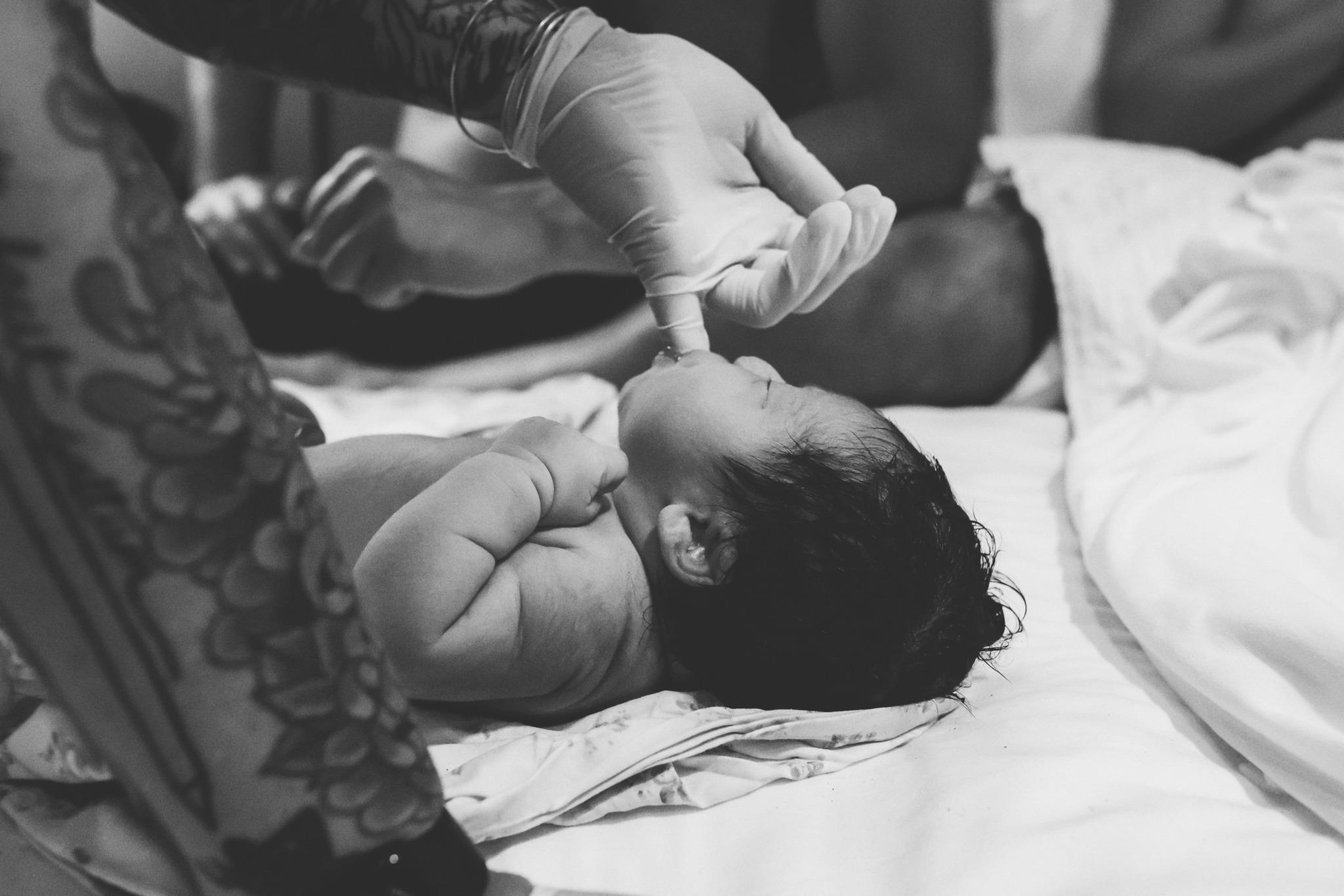
Sarah, love having you share your insights with us. Before we ask you more questions, maybe you can take a moment to introduce yourself to our readers who might have missed our earlier conversations?
I am a Licensed Midwife, a professional healthcare practitioner licensed by the Medical Board of California. I provide individualized, comprehensive primary reproductive health care to healthy individuals and their newborns throughout the childbearing experience and beyond. In this work, I am committed to offering compassionate, evidence-informed care as people navigate reproductive wellness, fertility, pregnancy, birth, and postpartum. Every day, I step into this role with a profound sense of purpose, knowing firsthand how transformative individualized, holistic support can be. However, my path to midwifery was not linear; it was shaped by my lived experiences, challenges, and a deep commitment to providing the kind of care I once wished for myself.
A defining moment in my professional career emerged from a deeply personal experience. In my late teens, I dropped out of junior college to focus on working and raising my growing family. My first two pregnancies were wonderful, normal, and low-risk, attended by midwives who provided exceptional support. However, everything changed during my third pregnancy when I was diagnosed with a severe deep vein thrombosis (DVT) and discovered I had a blood clotting disorder. This shifted my care from midwifery to high-risk obstetrics, an experience that was vastly different from my previous births.
During this time, I first learned about doulas. Doulas are trained professionals who provide physical, emotional, and educational support before, during, and after childbirth. I quickly realized that having a doula could have profoundly impacted my pregnancy, labor, birth, and postpartum experience. Unfortunately, I didn’t have access to that kind of support. The absence of compassionate, continuous care during such a critical time stayed with me.
Six months after my third child was born, I attended a doula training, determined to fill the gap I had experienced firsthand. I began providing accessible doula support to anyone who needed it, regardless of background or financial situation, all while raising my own children. This defining moment ignited a passion within me to ensure that everyone who seeks compassionate, informed, and empowering care has access to it.
As I worked with birthing families, I witnessed the stark disparities in perinatal health care and realized that I wanted to expand my role beyond doula support. With my children now grown, I saw the opportunity to provide not just emotional and physical support but also clinical expertise. This awareness led me to pursue midwifery, allowing me to offer comprehensive, evidence-informed care throughout the reproductive journey.
Becoming a midwife was not easy, it required years of study, training, perseverance, and sleepless nights. I earned my Bachelor of Science in Midwifery and apprenticed with numerous experienced midwives in out-of-hospital settings. Along the way, I learned invaluable lessons – some practices I embraced, while others I intentionally chose to leave behind. Both the positive and the difficult experiences shaped my approach, helping me cultivate the kind of personalized, inclusive, trauma-sensitive, evidence-informed care I strive to provide every day. The motivation that had driven me as a doula carried me through my midwifery training. I was determined to become a health care provider that honors autonomy, accessibility, and compassion making sure that anyone who desires it can have reproductive health care that leaves them feeling supported, heard, and respected.
Now, as a midwife, I see my journey come full circle every time I hold space for a birthing person, advocate for their choices, and provide the care I once longed for. The defining moment that changed the trajectory of my life was born from personal hardship, but it led me to the most fulfilling work I could imagine. Lived experience is the most powerful teacher, and it continues to shape the midwife I am today. Through my work, I strive to be the provider I once needed, making sure that others receive the support and care they deserve.
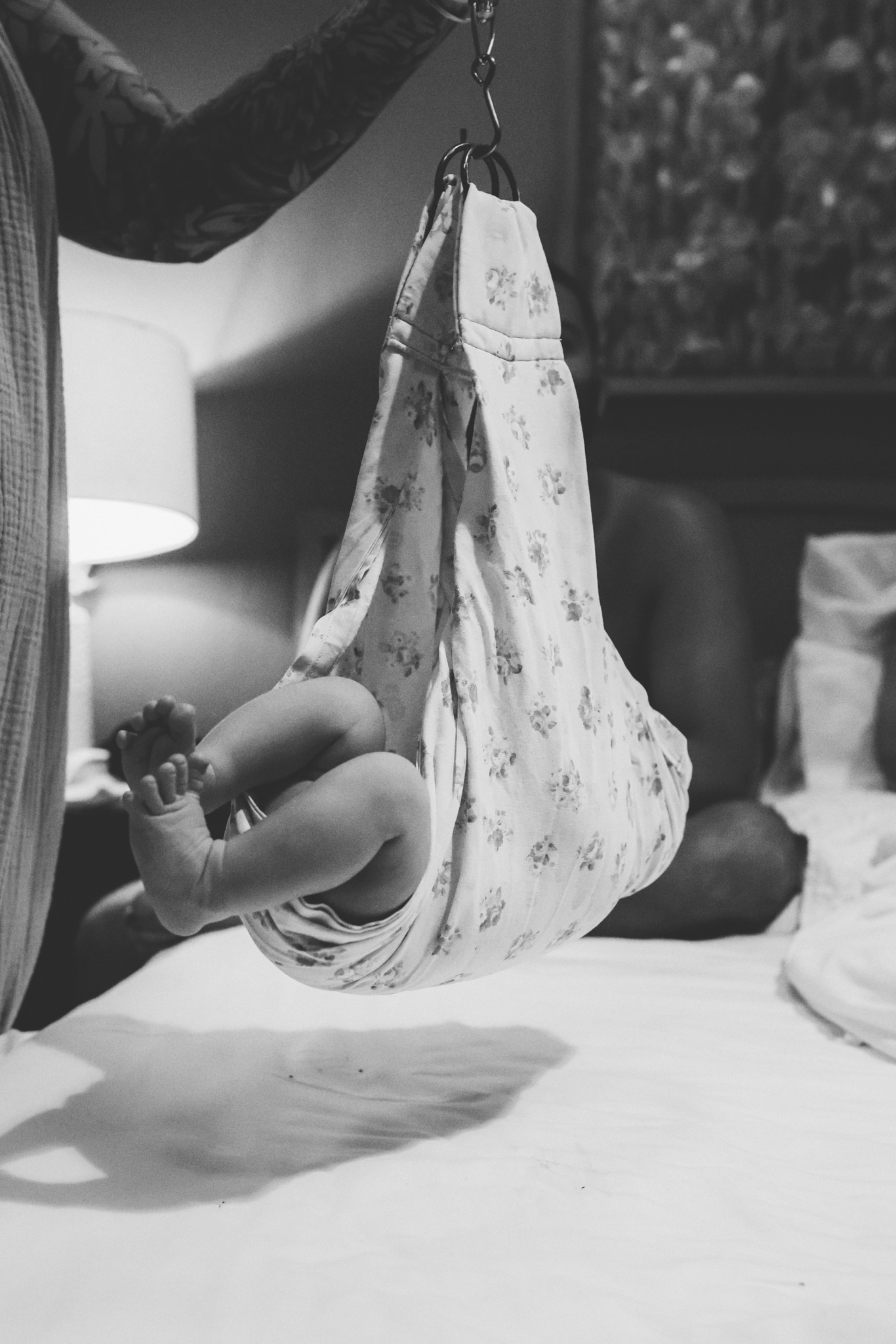
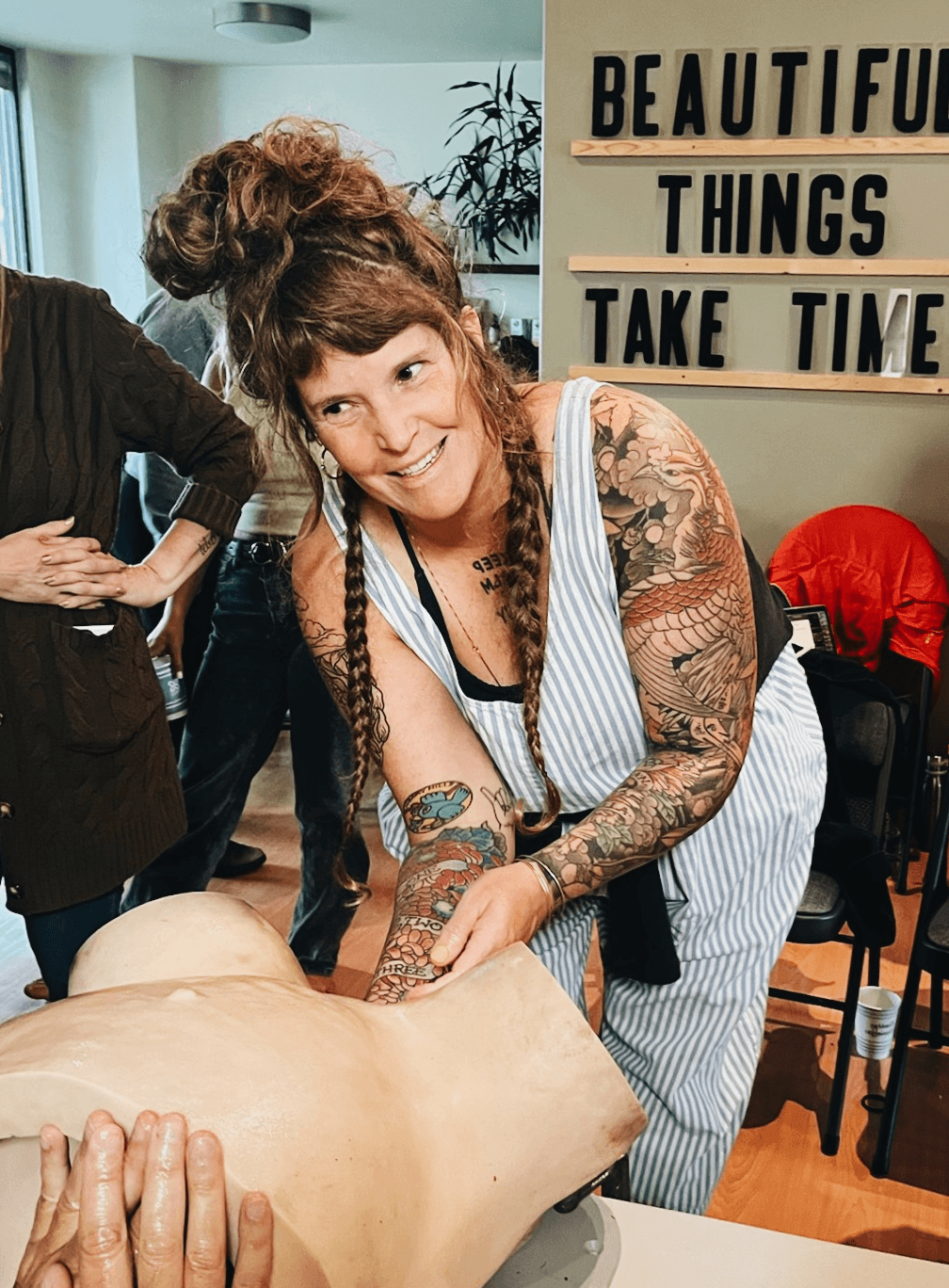
Any stories or insights that might help us understand how you’ve built such a strong reputation?
I think my reputation has been built on a foundation of authenticity and a relentless commitment to excellence. Being genuine in my interactions with clients, colleagues, and the broader community has allowed me to build trust and meaningful connections. We are all only 100% human, so I can make mistakes and I openly acknowledge when I don’t have the answer, but I am always committed to finding it and following up. I believe this honesty builds trust, as people recognize when someone is genuinely invested in their well-being. I strive to bring that level of care and integrity into every aspect of my work which is part of why I named my midwifery practice Truly Midwifery.
At the same time, my pursuit of excellence is deeply tied to my own struggles with imposter syndrome. This internal challenge exists not because I am a fake or a fraud, but because, for much of my life, I have carried messages that told me I didn’t truly belong in this space. Those messages have lingered, pushing me to prove both to myself and to others that I am worthy of the work I do. While imposter syndrome can be challenging, it has also been formative, driving me to continuously improve, learn, and refine my skills. I refuse to let old narratives define me; instead, I am working to break the cycle. In doing so, I have become not only a better midwife but also a stronger, more intentional leader in my family, my community, and my field.
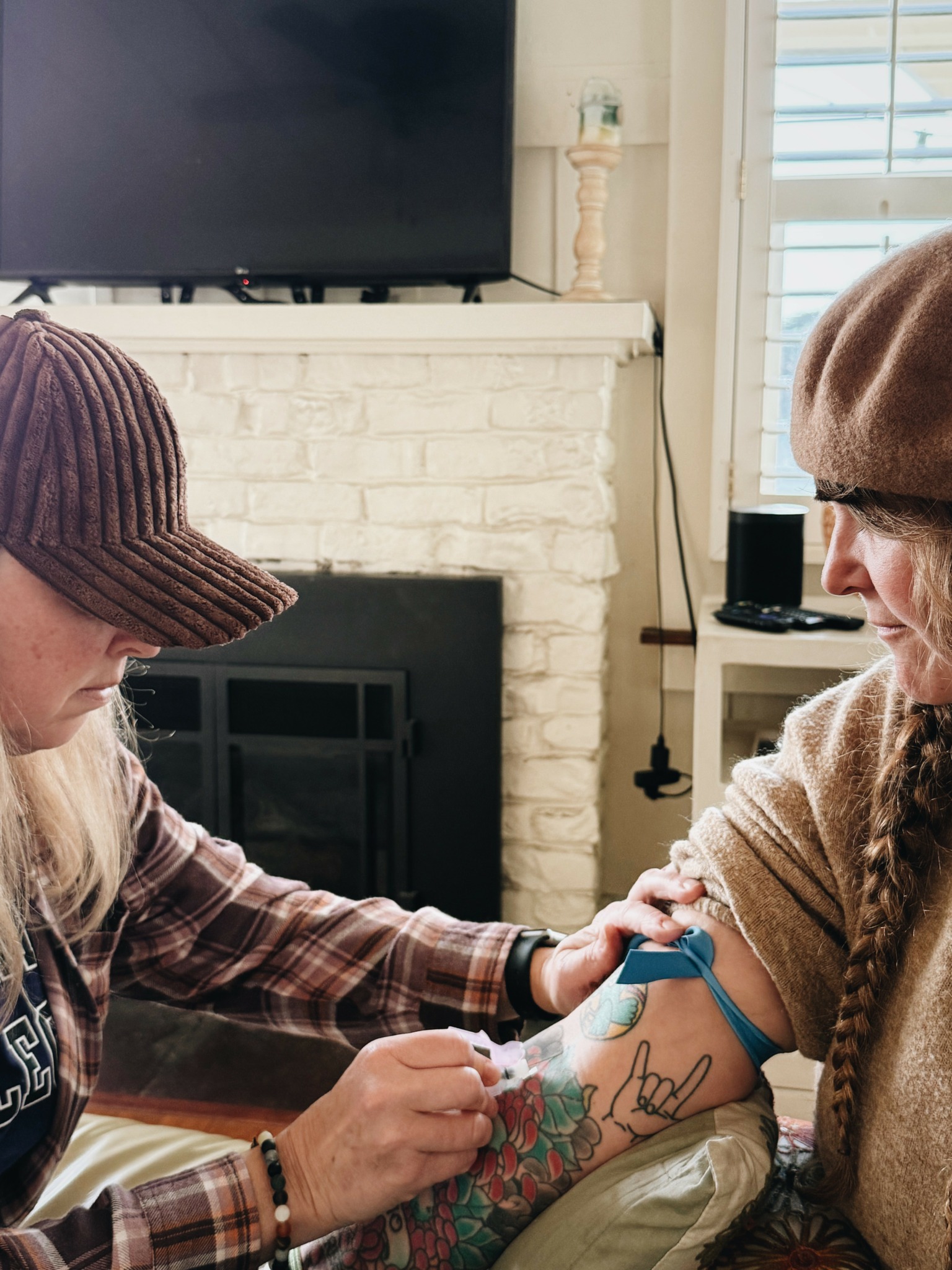

Have any books or other resources had a big impact on you?
I’m a lover of books, so this is hard to narrow down. Several books have deeply influenced my approach to my philosophy of leadership and midwifery shaping the way I navigate this profession.
Listen to Me Good: The Story of an Alabama Midwife by Margaret Charles Smith has been especially impactful. This book highlights the wisdom, resilience, and dedication of midwives who have served their communities despite systemic barriers. It was a read that reinforced my belief in the power of midwifery and the responsibility we have to ensure its sustainability and accessibility both through practice and teaching.
Witches, Midwives, and Nurses: A History of Women Healers by Ehrenreich and English explores the historical suppression of female-bodied healers and the ways in which midwifery has been challenged and thus reclaimed over time.This book has helped me understand the deeper context of this profession and has fueled my commitment to advocate for midwives and the families we serve.
Leadership for a Better World: Understanding the Social Change Model of Leadership Development by Komives and Wagner has shaped my leadership philosophy. The Social Change model is built on three core principles: individual values, group values, and societal values. These values can provide a framework for personal growth, productive teamwork, and making a positive impact on society through strong leadership. This book has underpinned that true leadership is not about power or ego but about lifting others and creating meaningful, lasting change.
Each of these works has played a role in shaping how I approach my work as midwife, leader, mentor, and advocate for a better future in reproductive healthcare.
Contact Info:
- Website: https://www.trulymidwifery.com
- Instagram: @trulymidwifery

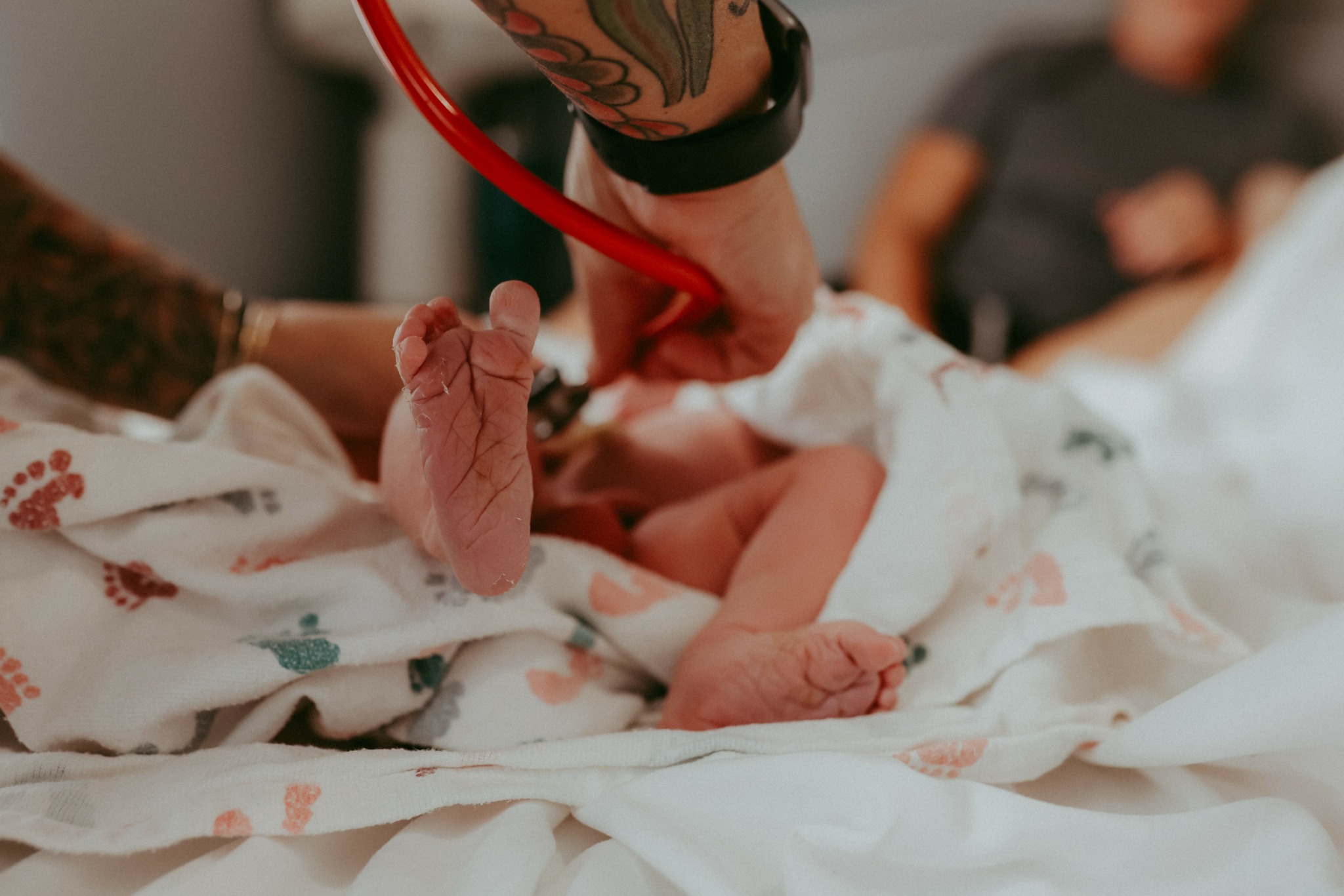
Image Credits
Photographer: Melody MacDonald
Photographer: Natalie Talbert


